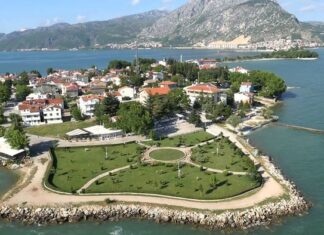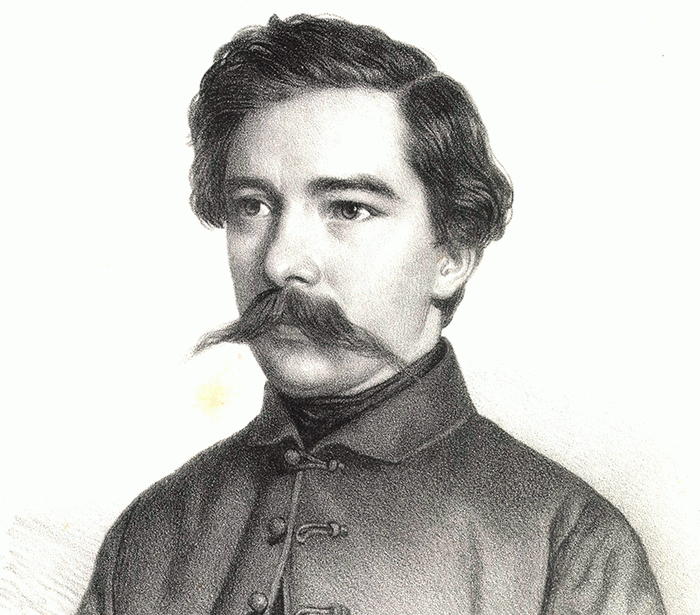Due to Russian interference, Prince Alexander—who was loved by his people—was forced to give up his throne. However, this crisis did not weaken Bulgaria.
Stefan Stambouloff’s Leadership (1887)
In 1887, a regency government was formed to lead Bulgaria. The strong-willed leader, Stefan Stambouloff, known as the “Bismarck of the Balkans,” showed Bulgaria’s determination to remain independent from Russia and Turkey Prince Ferdinand’s First Success (1893).
Removing Russian Influence
Stambouloff fought to end Russian control over Bulgaria through diplomatic strategies. He even executed Russian agents who were causing trouble in the country. Russia responded by calling Bulgaria’s actions barbaric.
Exposing Russian Intrigue
To defend himself, Stambouloff released letters to the European press, revealing Russian diplomats’ secret plans. The letters included documents signed by M. Yonine, the Russian consul in Sofia, and M. Hitrovo, minister in Bucharest.
Playing Diplomacy with Turkey
While dealing with Russia, Stambouloff also negotiated with Turkey. When Prince Ferdinand of Saxe-Coburg and Gotha was elected as Bulgaria’s new ruler, the country had already gained real independence Ephesus Guides.
Bulgaria’s Growing Recognition
Bulgaria was no longer just a vassal state—it had become a recognized sovereign nation. In Constantinople, Paris, London, and Vienna, Bulgaria’s diplomats were treated as equals.
The Treaty of Berlin Falls Apart
The Treaty of Berlin, which had originally tied Bulgaria to the Ottoman Empire, was now losing its power. The plans of Prince Bismarck and Lord Beaconsfield were falling apart as Bulgaria continued to rise in strength.
![Intel(R) JPEG Library, version [2.0.14.46]](https://kazanlak.doholidays.com/wp-content/uploads/2025/05/zzz-9-696x1044.jpg)







